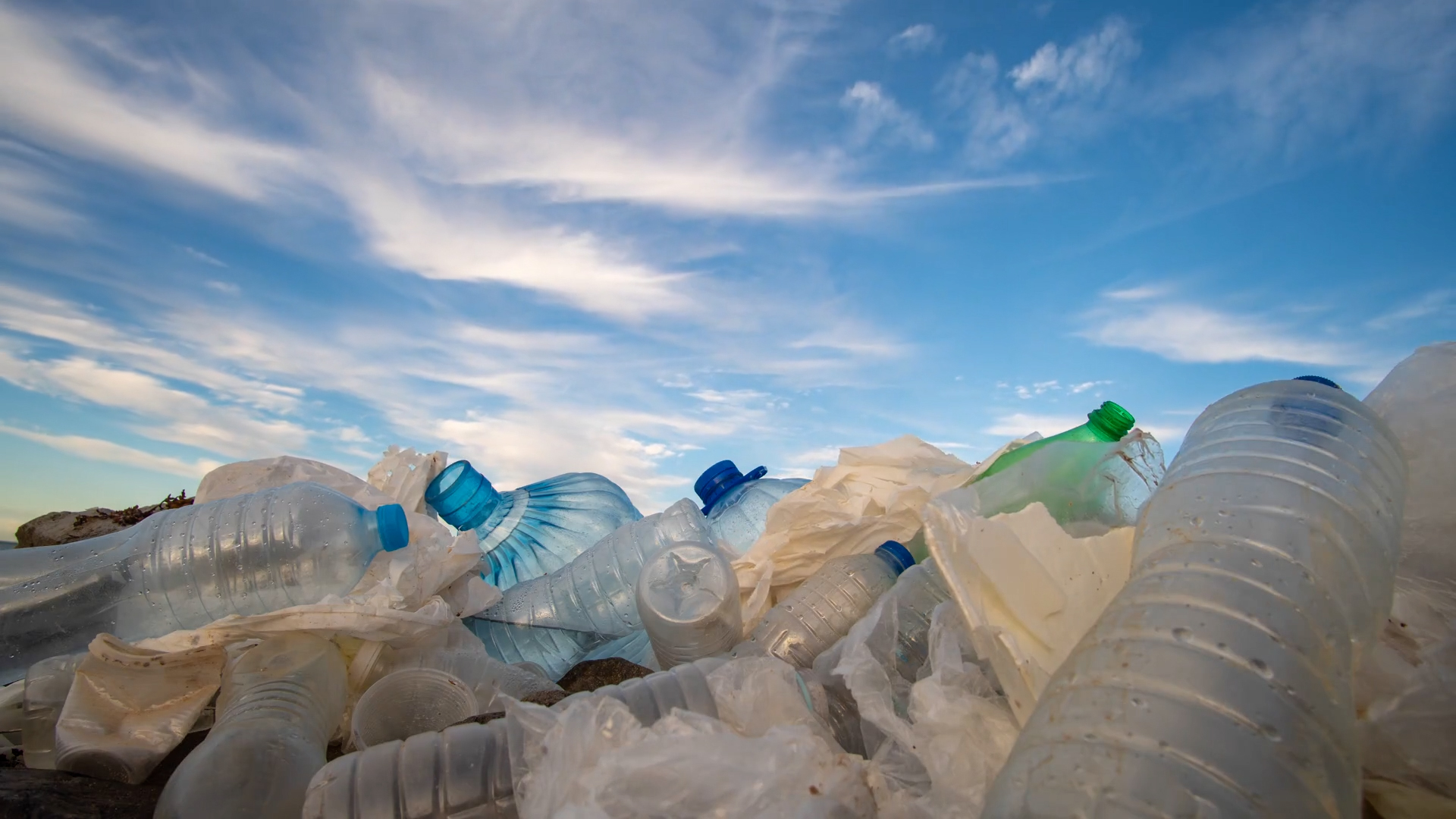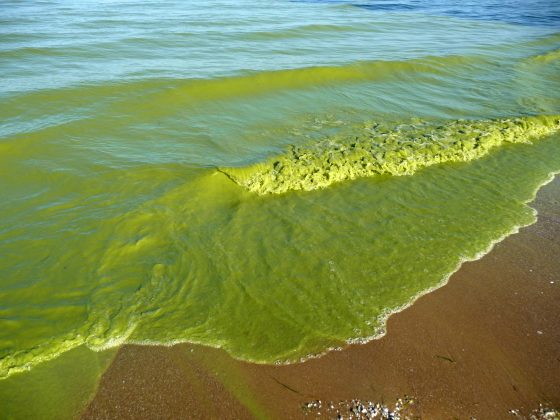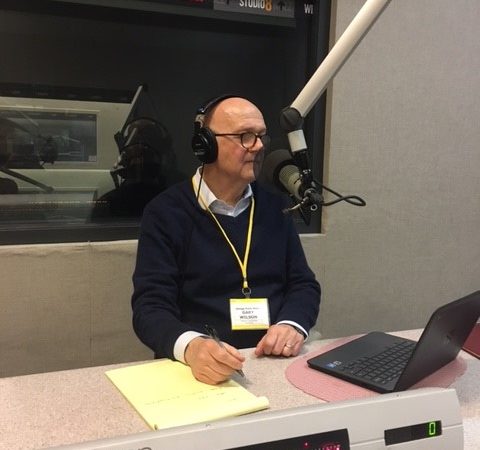
On Nov. 15, New York Attorney General Letitia James filed a lawsuit against Purchase-headquartered Pepsico and its subsidiary Frito-Lay, citing a host of issues with the proliferation of its single-use packaging litter in and around a downtown Buffalo waterway.
The Buffalo River runs through the city before flowing into Lake Erie 20 miles upstream from Niagara Falls. The river’s 450-square-mile watershed is a source of much plastic pollution. State officials say the vast majority of that pollution consists of single-use beverage containers and food packaging, which is not only a public nuisance but a health risk to humans and harmful to wildlife.
What the complaint says
The 39-page complaint, filed in Erie County, spells out what the state claims are four essential facts of the case.
First, the river was an industrial pollution nightmare in the late 1800s, by 1920 was devoid of fish and as late as the 1960s was considered biologically dead. In 1987, remedial action began to restore the river. This included dredging 1 million-plus cubic yards of contaminated sediment, installing fish-sheltering structures and trees, and passing state-wide voter-approved environmental regulations and controlling sewage discharges. This led to the river’s use for kayaking, fishing, boat tours and enjoyment of shoreline parks. But the suit alleges “the harms caused by plastic pollutions threatens to derail that progress.”
Second, Pepsico’s packaging includes at least four types of plastics harmful to people and wildlife. Litter surveyed at 13 sites on the river and its tributaries included 2,621 pieces of waste. Of identifiable brands, Pepsico’s products comprised 17 percent of the litter, while nine other companies’ litter combined comprised 30 percent. Long-term surveys show 78 percent of all items collected were plastic.
Third, once single-use plastic is discarded it begins breaking down into smaller pieces, eventually resulting in microplastic or nanoplastic particles, which subsequently enter the Buffalo River then Lake Erie, its food chain and humans. Such pollution is a threat to human health, including contamination of drinking water, increased rates of some cancers, early female puberty and reduced sperm count in mammals. It also has negative impacts on birds and fish. In humans, cell damage can occur as well as susceptibility to disease later in life.
Fourth, Pepsico has been aware of plastic pollution’s harms for decades, once describing it as a “plastic pollution crisis” and is aware its customers almost always discard packages after use. None of the packaging is reusable and little is recycled. Alternatives to single-use plastic are available in New York, but people don’t take advantage of them as they do in nations like Mexico, Columbia, Chile and Germany. Further, the complaint states the company misled the public and consumers on the efficacy of recycling, its efforts to combat plastic pollution and environmental and health warnings on packaging.
The state is asking Pepsico’s plastic litter be declared a public nuisance. It’s also requesting the company take reasonable efforts to abate the issue by identifying the extent of pollution and implementing remedial steps, as well as endowing an abatement fund. It’s asking the court to order Pepsico to evaluate alternatives to single-use plastics in the region and implement measures to reduce pollution.
In addition, it’s requesting Pepsico include health and environmental warning labels on products sold in the region and that the state be awarded compensatory damages for injury to natural resources and residents of Buffalo.
The future of plastic pollution litigation
New York’s lawsuit represents a major step in states’ and municipalities’ battle against plastic pollution in the U.S. While Pepsico products were singled out because of their proliferation in the Buffalo River, other companies’ pollution was also found. These include Hershey, Mars, Coca-Cola, 7-Eleven, McDonald’s, Kellog and companies that own brands Burger King, Tim Hortons, Fireball, Southern Comfort, Deer Park and Poland Spring.
The complaint makes no mention of personal responsibility for consumers’ littering habits or enforcement of longstanding ordinances in the Buffalo area.
Pepsico employs more than 300,000 people worldwide, with a total market capitalization in excess of $232 billion.
Catch more news at Great Lakes Now:
St. Lawrence Seaway labor strike ends
Lake Erie charter industry rebounding from slump
Featured image: Plastic pollution. (Photo Credit: GLN)




